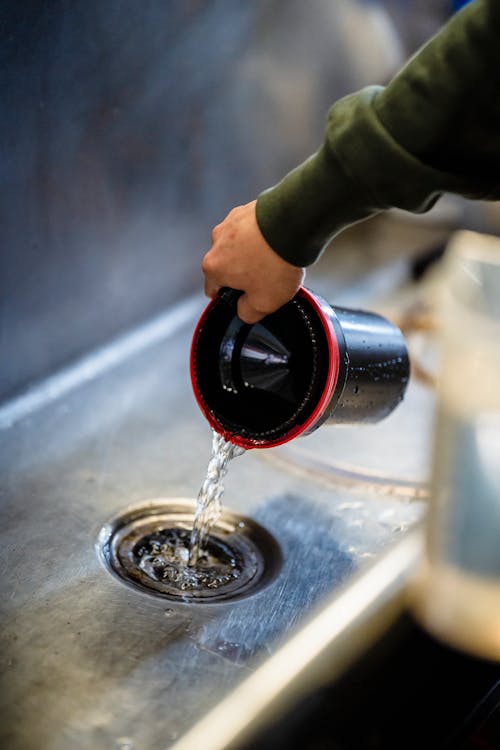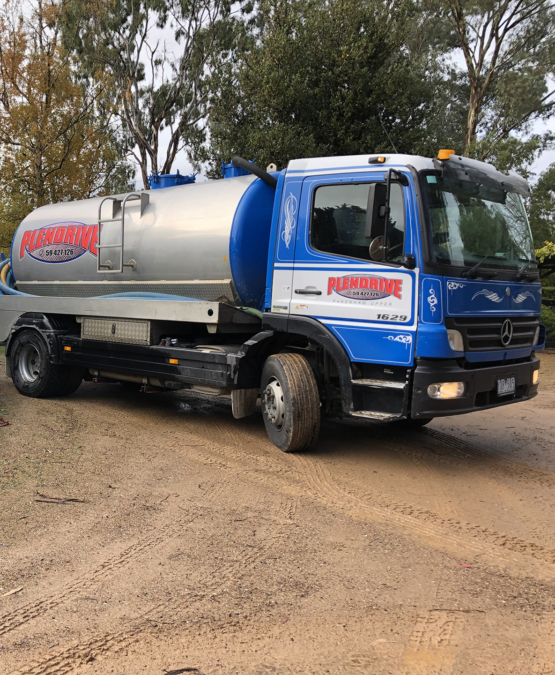- About
- Liquid Waste
-
-
-
-
Other Liquid Waste Services
-
-
- Industrial Cleaning Services
- Industrial Cleaning Services
- Blog
- Contact

What are the proper waste disposal procedures? Proper waste disposal is essential for protecting human health, minimising environmental impact, and ensuring compliance with waste management regulations. Whether dealing with liquid waste, solid waste, or hazardous waste, following structured waste management procedures is crucial for safety, sustainability, and efficiency.
For businesses handling liquid waste, proper disposal prevents soil contamination, protects waterways, and ensures compliance with environmental laws. This guide will walk you through a structured step-by-step approach to responsible waste disposal, helping you manage waste effectively while meeting industry regulations.
Before waste can be disposed correctly, it must first be classified based on its type and hazard level. Different waste materials require unique disposal processes to ensure safety and compliance.
Failing to classify waste properly can result in improper disposal, increasing health risks and potential environmental damage. Businesses must ensure waste generated is correctly identified before processing.
Once waste is classified, it must be segregated to prevent cross-contamination and ensure safe handling.
Using the right waste storage solutions, such as sharps containers for medical waste or sealed bins for e waste, ensures safer handling and regulatory compliance.
Waste must be transported safely to prevent contamination, spills, or illegal dumping. Businesses generating large amounts of liquid waste should engage licensed waste disposal services for proper collection.
Professional waste management companies handle waste collection efficiently, ensuring all materials are transported to compliant recycling centres or approved disposal facilities.
Once waste is collected, it must undergo appropriate treatment to reduce harm to the environment.
Proper waste treatment ensures hazardous waste and toxic chemicals do not harm aquatic life or contaminate drinking water.
The last stage of the waste disposal process is ensuring responsible disposal at landfill sites, recycling centres, or treatment plants. Businesses must comply with waste management regulations to prevent environmental damage.
Failure to follow proper disposal guidelines can result in penalties, environmental damage, and long-term regulatory issues.

Managing waste disposal correctly requires expertise, resources, and compliance with environmental laws. Professional waste management companies provide tailored waste disposal services, ensuring:
By partnering with professionals, businesses can streamline waste transport, processing, and final disposal, reducing risks to human health and the environment.

Effective waste disposal is critical for safety, compliance, and sustainability. Whether managing liquid waste, hazardous materials, or general waste, following proper disposal steps ensures a cleaner and safer environment.
If you need reliable liquid waste disposal services, our expert team is ready to assist. Contact us todayfor a free consultation, and let us help you develop a safe, compliant, and responsible waste disposal plan for your business.